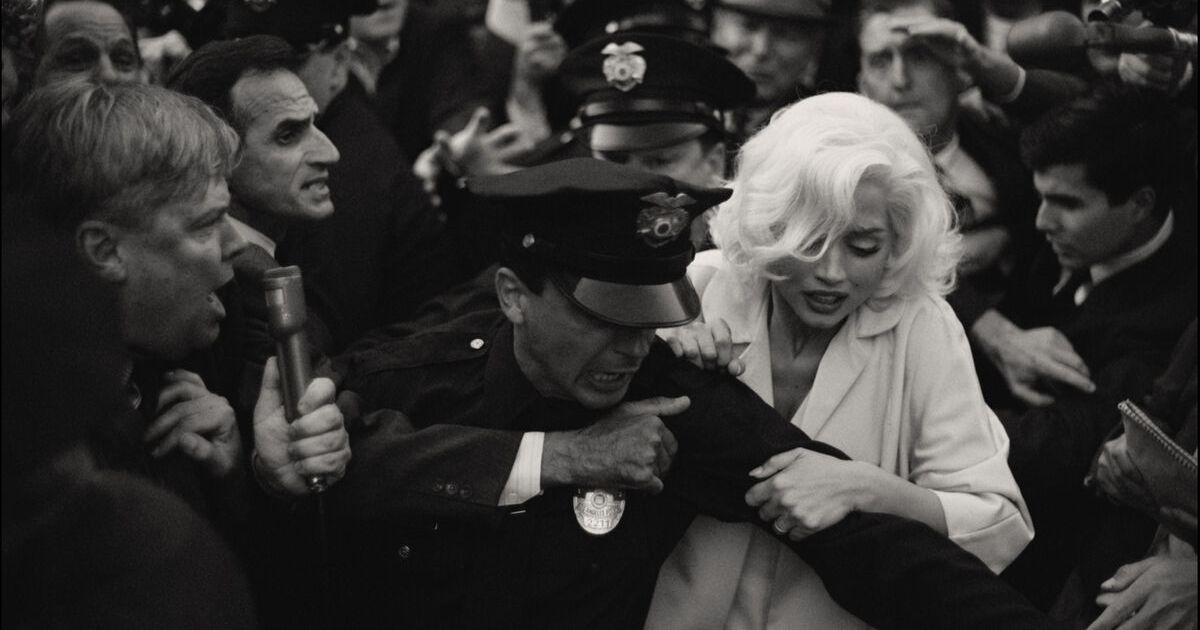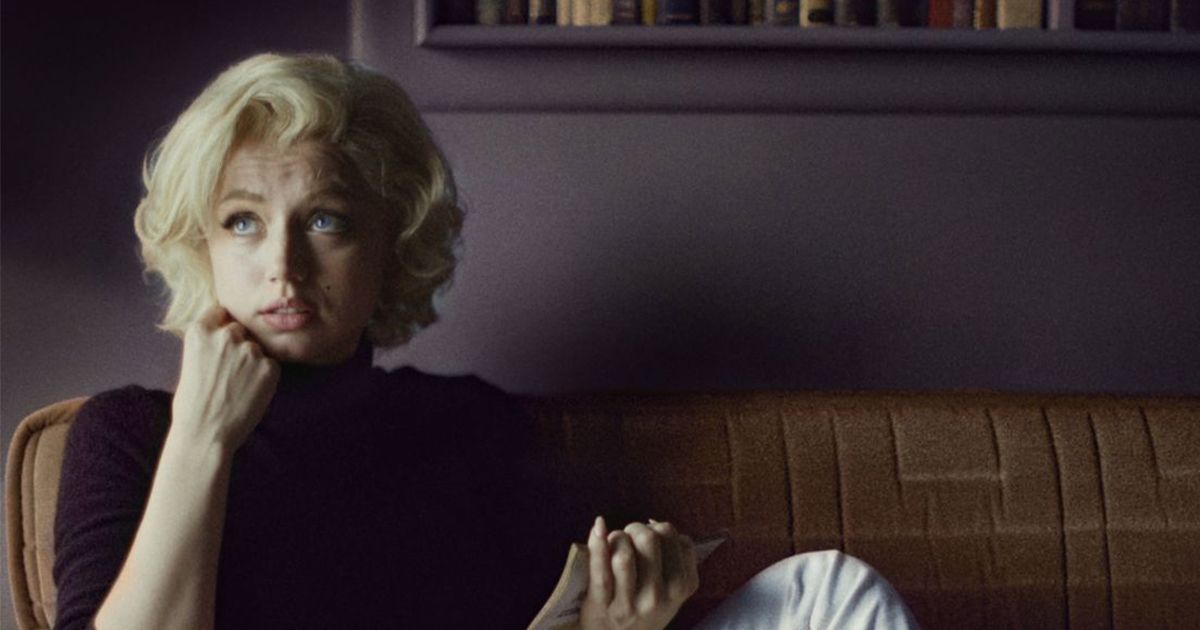Since the new movie Blonde debuted on Netflix, there have been many critics and viewers crying foul. Some of the criticism leveled against the movie has been with taking creative liberties to reimagine certain events in Marilyn Monroe's life that are not as they really happened. Others have said that the film is exploitative of Monroe and her legacy, ultimately disrespecting the late Hollywood legend by having her depicted this way in the film.Blonde is written and directed by Andrew Dominik, but it is directly based on the original novel of the same name by Joyce Carol Oates. The novel has been described as a fictionalized retelling of Monroe's life and death and Dominik carries over this same way of thinking for the feature film adaptation. For her part, Oates was not personally involved in the production of the movie adaptation but stated on Twitter that she disagrees with the notion that the film is exploitative, insisting that it's a work of art."I think it was/is a brilliant work of cinematic art obviously not for everyone," Oates said. "Surprising that in a post #MeToo era the stark exposure of sexual predation in Hollywood has been interpreted as 'exploitation.' Surely Andrew Dominik meant to tell Norma Jeane's story sincerely."In a follow-up tweet, she added, "Not a film (Blonde) for the faint of heart. The director is unflinching, intransigent. The last 20 minutes or so are almost too powerful to be viewed. over all, brilliant cinematography & performance by Ana de Armas."
Blonde Is Not For Everyone, Its Original Author Agrees
Oates went on to compare the Blonde backlash to how other movies have made viewers uncomfortable, such as Darren Aronofksy's Requiem for a Dream and certain David Lynch films. Noting how she understands that Blonde is "clearly not a film for everyone," Oates maintains that the film does not exploit Monroe but instead shines a lot of the mistreatment that she, and so many other young women in Hollywood, had endured.
"Blonde turns out to be something of a Rorschach test: some see the exposure of sexual mistreatment of Marilyn Monroe as 'exploitation' & others see it as a revelation of how a gifted young woman was treated in Hollywood & elsewhere, pre#MeToo," Oates explains. "It isn't for me to judge people who are appalled by scenes in films that, though 'true' enough, are just too disturbing to see; I have to confess, I could barely watch Son of Saul & The White Ribbon; & have no wish to see any more Holocaust films..."
Perhaps there was a good reason that Blonde was rated NC-17. You can find the movie streaming on Netflix.


